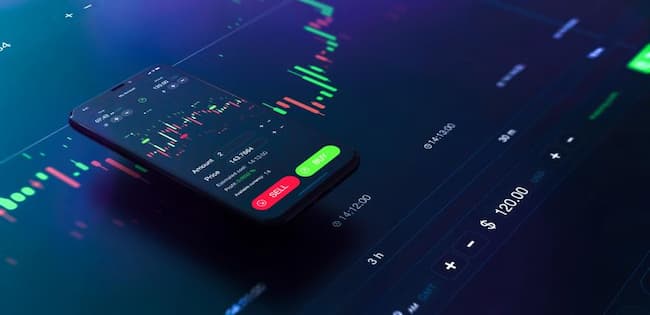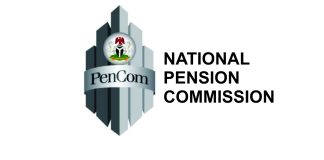The Federal Government officially released different documents indicating the approved power tariff increase payable by consumers to various electricity distribution companies in Nigeria.
In different orders to the 11 Discos operating in Nigeria, the commission stated that the tariff hike was based on the extraordinary review of the Multi-Year Tariff Order, as it explained that the order took effect from January 1, 2022.
It further noted that the order should only be subordinated to a new tariff review order as might be issued periodically by the NERC, but this hike in tariff by NERC was kicked against different power consumer groups, as they called for the complete reversal of the sector’s privatization.
The NERC provided myriads of reasons why it had to effect an upward review of the tariff payable to Discos, as figures from the individual approvals for each Disco showed that the commission hiked the amount to be paid by consumers for electricity beginning from February 2022.
For instance, in the Abuja Electricity Distribution Company, non-Maximum Demand power users in Band A had their tariff increased from N51.75/kWh in January this year to N56.28/kWh from February to December 2022.
Also, non-MD consumers in Band B had their tariff increased from N49.72/kWh to N54.13kWh, while the non-MD power users in Bands C and D had their tariff raised from N45.65/kWh to N50.65/kWh, and N29.70/kWh to N33.20/kWh respectively, under Abuja Disco.
For non-MD customers of AEDC in Band E, their tariff was raised from N29.38/kWh to N32.88/kWh.
In the service bands, the NERC explained that customers in Band A were those receiving a minimum of 20 hours of electricity daily, while those in Bands B, C, D, and E include power users receiving 16 hours, 12 hours, eight hours, and four hours of power supply daily, respectively.
The documents for each Disco also showed that aside from non-MD customers, there were other categories of maximum demand power users classified as MD1 and MD2, but most of the tariffs of these power users were also raised.
It was observed that aside from the AEDC, the tariff hike played out in other Discos, as the regulator raised the tariffs payable by consumers in the various franchise areas of the power distribution companies.
For Eko Electricity Distribution Company, it was observed that there was a marginal decrease in the amount payable by non-MD consumers in Band A; those in Band B had their tariff unchanged, while others in Bands C, D, and E had their tariffs hiked.
Under Eko Disco, non-MD customers in Band A had their tariff reduced from N56.08/kWh in January to N55.55/kWh from February to December, while non-MD customers in Band B had theirs unchanged at N51.81/kWh.
For non-MD customers in Band C, D and E, their tariffs were raised from N42.44/kWh to N47.44/kWh, N28.63/kWh to N31.75/kWh, and N28.63/kWh to N31.71/kWh, respectively.
Taking the Port Harcourt Electricity Distribution Company as another example, it was observed that the approved end-user tariffs for all the bands for non-MD customers from A to E were hiked by the NERC.
Non-MD Band A customers of PHED had their tariff raised from N57.16/kWh in January to N60.67/kWh from February to December 2022, while the tariff of non-MD Band B customers was increased from N56.79/kWh to N59.64/kWh.
Non-MD customers in Bands C, D, and E had their tariffs raised from N50.15/kWh to N55.15/kWh, N35.31/kWh to N38.81/kWh, and N35.08/kWh to N38.58/kWh, respectively.
It was also observed that customers in MD1 and MD2 in the various bands under the PHED had their tariffs also raised by the NERC, as similar scenarios played out in other Discos.
This came as power consumer groups condemned the hike in tariff by the NERC, describing it as unfortunate because the power supply had failed to improve across the country amidst the hardship nationwide.
Meanwhile, the NERC explained that under the Extraordinary Tariff Review Application and Performance Improvement Plan filed by Discos, the commission approved the MYTO 2020 Serviced Based Tariff effective from September 1, 2020.
It said this was to ensure that rates paid by customers were in alignment with the quality of service to customer clusters as measured by the average daily availability of power supply.
It said the objectives of the latest order on tariff hike were to reflect the impact of changes in the projected minor review variables for the period January to December 2021 for the determination of Cost-Reflective Tariffs, adjust the Discos’ capital expenditure for the years 2021 to 2026 in consideration of the approved PIP.
The commission said it was to ensure sustained improvement in reliability and supply quality in line with Discos’ capital expenditures proposal and PIP commitment.
The NERC said the tariff order would ensure that prices charged by Discos were fair to customers and were sufficient to allow Discos to fully recover the efficient cost of operation, including a reasonable return on the capital invested in the business, according to the provisions of sections 32(d) and 76 2(a) of Electric Power Sector Reform Act.
















